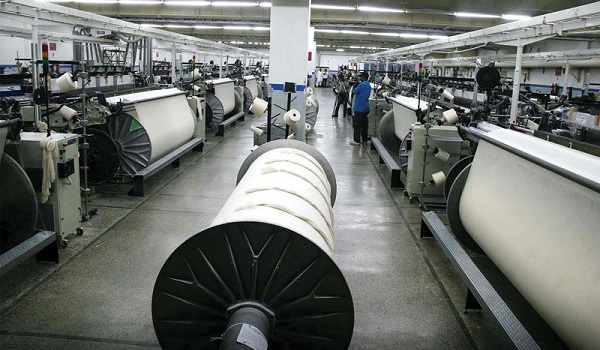London: Iceland’s government denied Chinese billionaire investor Huang Nubo permission to purchase land in the island’s north, saying such a transfer of property would be “incompatible” with the country’s laws. The government won’t let Huang, through his company Beijing Zhongkun Investment Group Co, proceed with a planned acquisition of 300 square kilometres of land, the Reykjavik-based Internal Affairs Ministry said in an emailed statement on Friday. Icelandic law “imposes strict conditions on corporations wishing to acquire ownership or the right to utilise Icelandic properties and it’s clear that the company in question doesn’t fulfill any of the requirements,” the ministry said.
Huang was planning to invest about $200 million (Dh734.5 million) in the land to build a resort with a hotel, golf course and racecourse, according to an October 26 article in China Dialogue. In a September interview with Bloomberg News, Huang said he was in talks to buy the land for $8.8 million from a group of farmers and was awaiting approval from the government. Huang is estimated by Forbes magazine to have a fortune of $1.02 billion. No one answered two calls to Zhongkun’s Beijing head office outside of regular business hours yesterday. Huang, when he was interviewed on September 25, said then he planned to establish resorts in nations such as Denmark, Finland and Sweden within five years. The Iceland land purchase would have been the biggest by a foreigner, according to Huang.
“If I have the site in Iceland, then I’ll expand to other Nordic countries,” Huang, who said he’s a poet and has climbed Mount Everest three times, said in Shanghai in September. Huang said his connection with Iceland started 30 years ago when he was studying at Peking University. His roommate was from Iceland and later married a politician. Huang donated $1 million last year to set up an Icelandic-Chinese poet-exchange programme. Iceland, which is emerging from the failure of its bank industry in 2008, is now enjoying faster economic growth than the average in the euro area, the International Monetary Fund estimates. Iceland’s gross domestic product will expand 2.5 per cent this year and next, compared with 1.6 per cent in the 17-member euro area this year and 1.1 per cent in 2012, the IMF said on September 20.
Compliance: Since its financial meltdown, Iceland’s economy has renewed its focus on core industries such as fishing, energy and tourism. “The question is not how can we turn down direct foreign investment of this magnitude, but rather how can one nation do anything else but comply with the laws it has passed for itself?,” Internal Affairs Minister Ogmundur Jonasson said by phone. “It would have been easy to circumvent these laws, by establishing an Icelandic limited liability company. That reminds us of the necessity to reconsider these laws from top to bottom.”
Iceland ended a 33-month programme with the IMF in August. The government was forced to seek external support in 2008 after its biggest banks defaulted on $85 billion in debt, triggering a currency sell-off and sending the economy into a recession. GDP sank 6.9 per cent in 2009, and contracted a further 3.5 per cent last year, the Organisation for Economic Cooperation and Development estimated in May.







